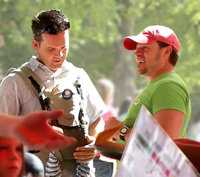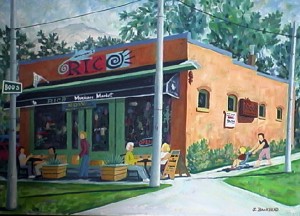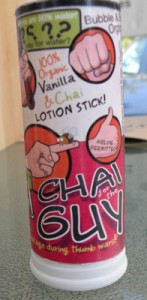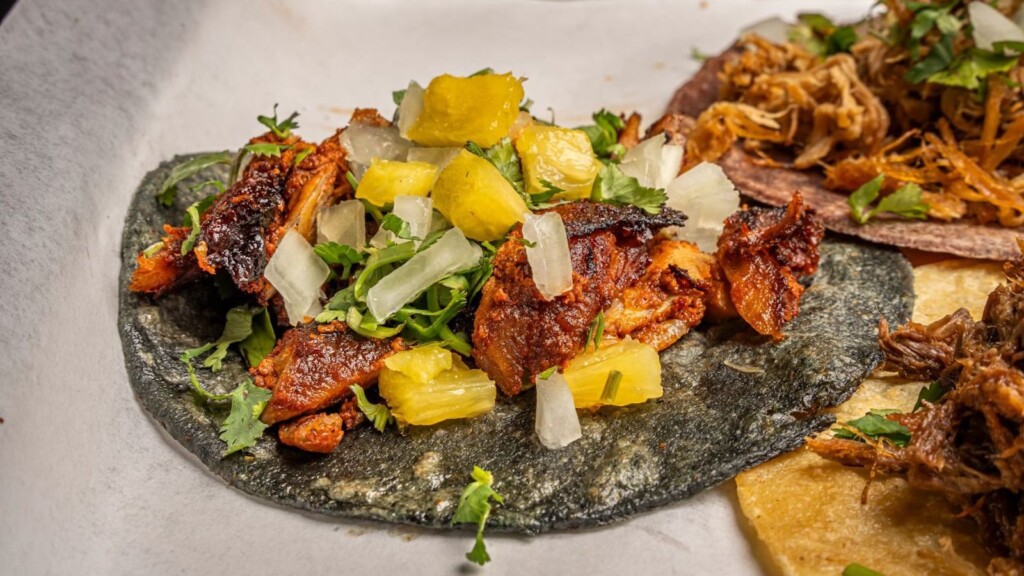The downtown Farmer’s Market has a treasure trove of great business stories, the concept of Utah Stories began by chronically the stories of artisans and vendors who were carving out their niche at the market.

this is part II of our series on shoe string success stories. Click here to read part I.

The best part about farmers markets is that for around $300 per month food vendors and craftsman can test out their concepts in front of a eager marketplace with very little initial capital. Beginning small vendors can test their concepts before taking the plunge into taking a large loan on an unproven idea.
There are so many great examples that we found from the farmers market I’ll list out a few of my favorites
Jorge Fierro was disgusted with the refried beans found at the supermarkets, he decided he could do much better.
Fierro’s homemade refried beans were a hit. He then diversified his products and eventually received a micro-loan of 5K to open his own small market on 779 South 500 East.
Rico Brand’s beans burritos, pico de gaillo and 40 other products are now sold in grocery stores, coffee shops and convenience stores all over Utah.
Fierro has recently entered the restaurant business in his new upscale Mexican restaurant Frida Bistro.
Bubble and Bee and Shoe String Success
Stephanie Greenwood and Steve Thomas started Bubble and Bee Organic making lip balm and soap. Their test market was the downtown farmers market. They found very receptive customers which gave them the confidence to sell their products online. Eventually they approached Whole Foods and Harmon’s grocery stores who now to sell their products.
Bubble and Bee now has hundreds of organic products for sale on their web site and through savvy PR, they have landed interviews on the Today Show and nearly every local TV station.

They have built up their brand to become recognizable for it’s cute packaging. Bubble and Bee is now expanding both their production and retail facilities in Bountiful and now they send shipments out all over the world on a daily basis.involved.
The business lesson that can be drawn from all of these examples is clear: starting a business on a shoestring isn’t a crutch it’s good practice.
Making mistakes while your business is small allows the initial problems to provide an inexpensive education instead of catastrophe.
Risk for failure, is compounded when there are loans to be paid. The economic downturn has made obtaining loans much more difficult. But good ideas and hard work still prove to be the biggest factor determining success.
Check out our final installment on shoe string success tomorrow. Read our original story on Jorge Fierro here.
Read our stories on Bubble and Bee Organic found here






